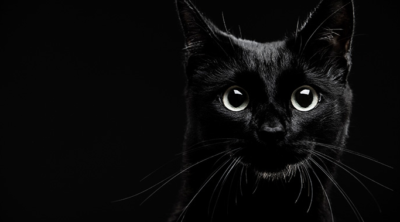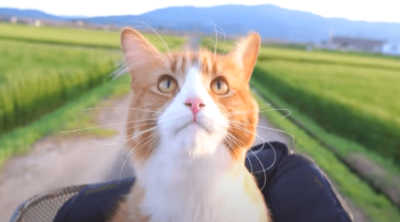
Congestive heart failure in cats is a fatal disease which often alludes detection. The diagnosis is made only once complications begin to occur in the cat, which is why it is prudent to check for this condition during the yearly checkup.
Cats may either be born with congenital heart diseases or the condition may develop over the years as they age. It is very difficult to tell whether your pet cat may be suffering from heart problems unless examined by a vet. All that we can do is to keep a look out for unusual or sudden changes in behavior. What may be causing the heart failure will not be known until a thorough checkup is carried out. However if the cat has been diagnosed with underlying conditions such as feline diabetes, thyroid malfunction or anemia, the chances of heart problems to occur increase substantially.
Causes of Feline Congestive Heart Failure
Congestive heart failure is the condition wherein the cat’s heart gradually weakens thus being unable to pump sufficient oxygenated blood and nutrients to the rest of the organs of its body. This condition can be brought on by any one of the many heart conditions such as hypertrophic cardiomyopathy in cats or, arrhythmia, wherein the heart muscles contract abnormally. Or it could be as a result of diseased heart valves, or its internal walls.
This heart condition occurs over a gradual period of time, thus making its detection even more difficult. This heart failure occurs because of the gradual increase in the pressure within the veins of the heart, which results in fluid leaking into the cat’s lungs. This condition causes what is known as pulmonary edema. The excess fluid restricts the normal functioning of the lungs thereby causing breathlessness and fatigue among cats.
Symptoms
Cats usually begin to display signs over a prolonged period of time. You as the pet owner must try to detect small signs and symptoms during every day interaction with your cat.
- Heart murmur
- Breathlessness for no apparent reason
- Not very keen on exercising
- Not as active as before
- The cat gets tired really quickly and cannot play as long as she usually could
- Excessive thirst
- Acting exhausted and lazy, lying in one place for most of the day
- Losing her appetite
- As and when the cat’s heart failure aggravates the symptoms will as well. Signs such as suffocation, coughing a lot, losing control over bowel movements, unconsciousness and crying in pain are all signs of a severe heart failure! You will need to get the cat treated as soon as possible.
Prognosis
Once you take the cat to your vet in case of an emergency, request the vet to run some tests. Insist for an electrocardiogram. This test will detect the state of the heart cycles and extract the strength of the heartbeat. Also request for an x-ray so as to detect the amount of fluid retention in the lung tissues and outer area. The amount of fluid as well as the clamping of the veins will determine the exact extent of the heart failure as well as the chances for survival.
Not all cats succumb to heart failure and many do survive. However this depends mostly on how far the heart has collapsed as well as if the detection was made within reasonable time. Nonetheless, if your cat recovers and the vet says it’ll be fine, you must take measures to keep another attack at bay. If you haven’t had your cat checked in a very long time, then this would probably be the right time to find out all that is wrong with your pet.
You will need to begin treatment on pre-existent health conditions such as trying to suppress the further spread of diabetes and anemia among cats. While doing so you will also need to simultaneously treat the heart and lung condition, so as to reduce the fluid in the lungs of the cat.
Once your cat has been brought back home, you will need to let her rest as much as she can. Treat your cat with a lot of love and patience as this will help speed up the recovery process to a small extent. This is a fatal condition for cats, because it often gets diagnosed, after it’s too late. Which is why a regular checkup is a must, to keep cat health complications from taking you off guard.


